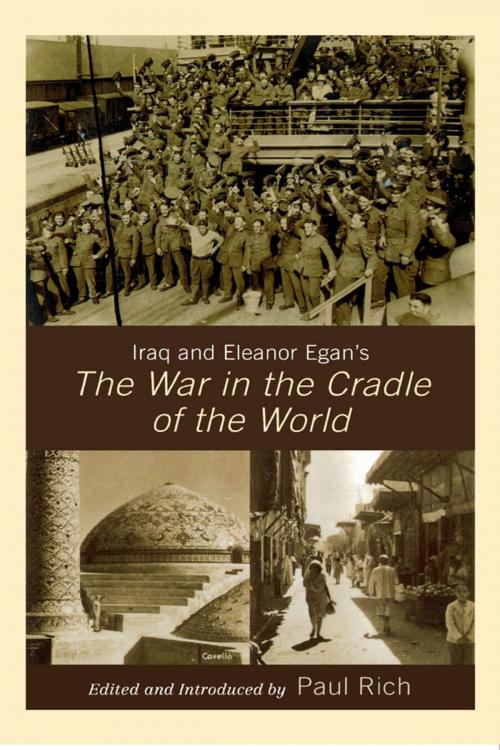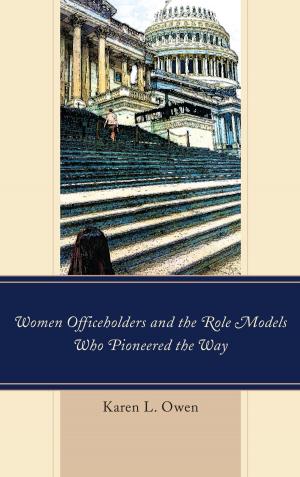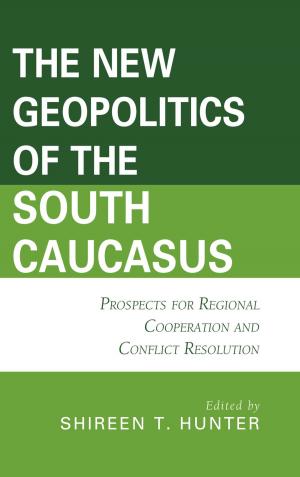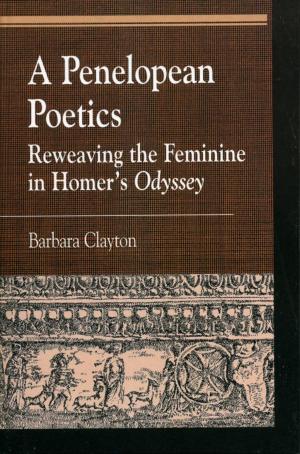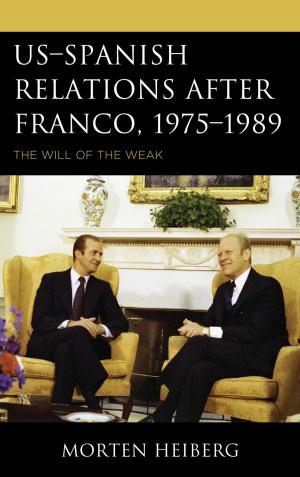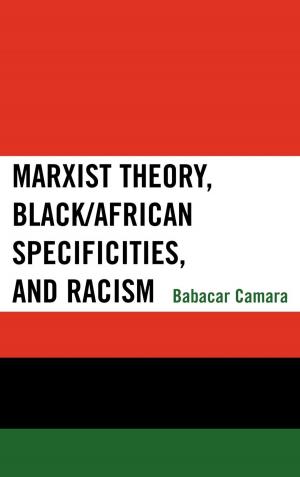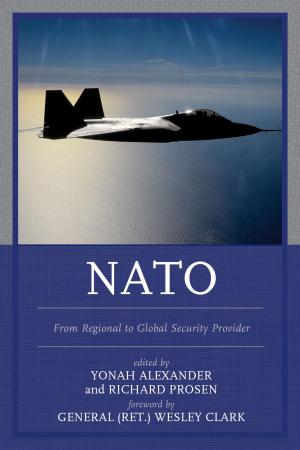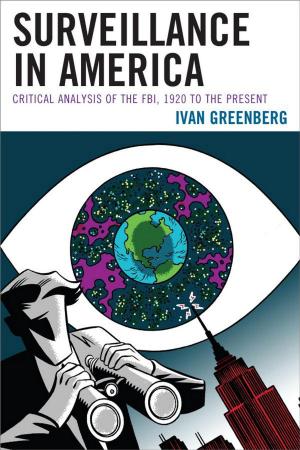Iraq and Eleanor Egan's The War in the Cradle of the World
Nonfiction, History, Middle East, British| Author: | ISBN: | 9781461633655 | |
| Publisher: | Lexington Books | Publication: | January 16, 2009 |
| Imprint: | Lexington Books | Language: | English |
| Author: | |
| ISBN: | 9781461633655 |
| Publisher: | Lexington Books |
| Publication: | January 16, 2009 |
| Imprint: | Lexington Books |
| Language: | English |
Chronicling the British military's invasion of Iraq in 1917, Eleanor Franklin Egan was an intrepid American journalist whose autobiographical account of her time spent amongst British officers describes the relationship between British and American forces in the Middle East during and just after World War I. Egan's account of military life and the actions taken by British officers to secure the British Empire's position in the Middle East is particularly striking, as readers begin to see the parallels between the early twentieth century British presence there and the current American presence in Iraq. This book should be read by all those interested in understanding the ways in which the modern Middle East has adapted as a result of invasion and imperialism. With a new critical introduction that explores the choices made by the United States that have led them to inherit the United Kingdom's position in the Gulf, Paul J. Rich offers an analysis of Egan's work that will allow contemporary readers to see that what is going on in Iraq now is nothing new.
Chronicling the British military's invasion of Iraq in 1917, Eleanor Franklin Egan was an intrepid American journalist whose autobiographical account of her time spent amongst British officers describes the relationship between British and American forces in the Middle East during and just after World War I. Egan's account of military life and the actions taken by British officers to secure the British Empire's position in the Middle East is particularly striking, as readers begin to see the parallels between the early twentieth century British presence there and the current American presence in Iraq. This book should be read by all those interested in understanding the ways in which the modern Middle East has adapted as a result of invasion and imperialism. With a new critical introduction that explores the choices made by the United States that have led them to inherit the United Kingdom's position in the Gulf, Paul J. Rich offers an analysis of Egan's work that will allow contemporary readers to see that what is going on in Iraq now is nothing new.
